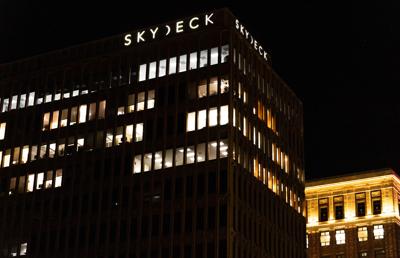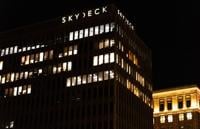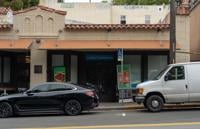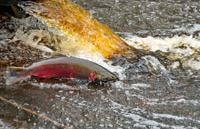Following the heels of the recently announced Berkeley Space Center, Berkeley SkyDeck relaunched its Air and Space Track on Wednesday, in collaboration with the center.
The track, which is open to the most recent batch of SkyDeck applicants, combines various aerospace resources on campus, such as the Institute for Transportation Studies, with the space center in partnership with NASA Ames Research Center.
While the center itself, a $2 billion project spanning 36 acres on Moffett Field, is set to begin construction within the next three years, founder and executive director Darek DeFreece noted an already established network of industry partners in fields ranging from aerospace to quantum computing.
Through the SkyDeck partnership, the center aims to give startups early networking opportunities and to match companies with the program, DeFreece said.
The Air and Space Track will join the four existing SkyDeck tracks and receive funding from the SkyDeck blanket fund, with each accepted startup receiving $200,000 in equity investment.
DeFreece noted that beyond these investment opportunities, the accelerator program also provides networking opportunities for companies in the program that are already funded.
The new track and the space center are part of a wave of regenerated interest in space research, with the aerospace engineering major newly minted in fall 2022 and the UC Berkeley Haas School of Business and Berkeley Law examining the commercial space industry, space exploitation and “laws that should govern business in space,” according to a campus press release.
Accompanying these interests, DeFreece hopes that the new track will allow a more diverse set of companies to get resources and experts that attract potential startups, and with them, internships.
“The goal is finding and sourcing companies from all over the world in the Berkeley ecosystem,” DeFreece said. “(This is) a concerted effort from the industry.”













